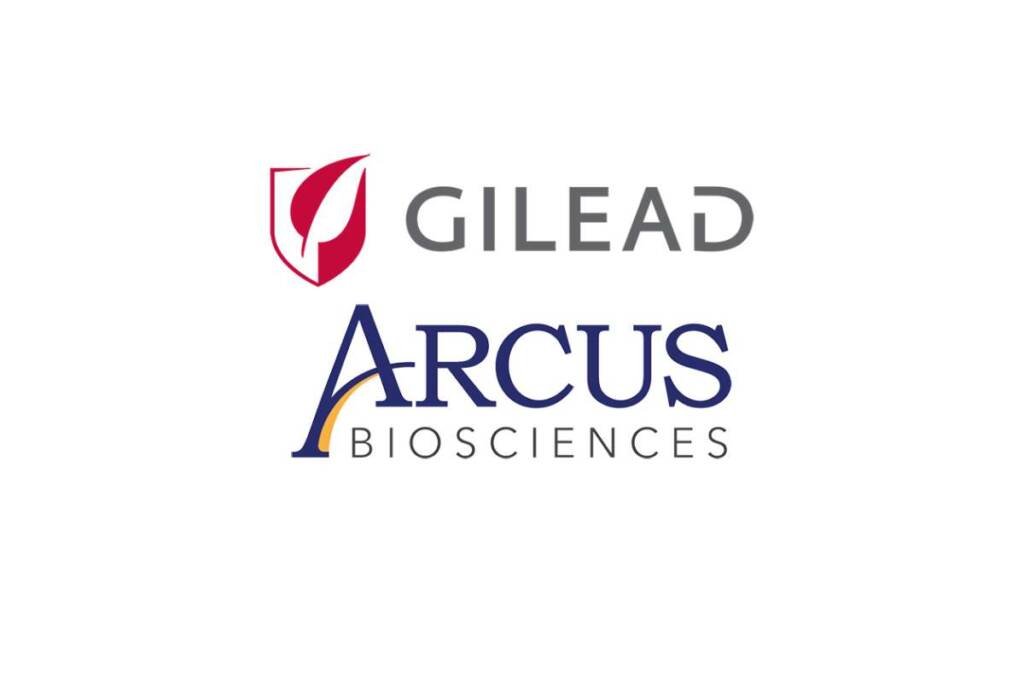Arcus and Gilead Sciences have opted to discontinue the development of their A2 receptor antagonist, etrumadenant, for castration-resistant prostate cancer (CRPC) due to lackluster efficacy revealed in preliminary data from a clinical trial.
This decision does not signify the termination of the drug’s development. Gilead, in collaboration with Arcus under a $2 billion alliance for four cancer therapies formed in 2021, will continue testing etrumadenant for colorectal cancer (CRC), with data anticipated in the first half of the upcoming year.
Etrumadenant, a dual A2a/A2b antagonist, is undergoing testing in various combinations within the open-label ARC-6 study, involving patients with metastatic CRPC. The combinations include docetaxel and Arcus’ PD-1 inhibitor zimberelimab.
Upon evaluating radiographic progression-free survival (rPFS) data from the trial, Arcus stated that the combination “is not anticipated to exhibit adequate clinical benefits to warrant further investment.” However, the study will proceed as initially planned.
The ARC-9 study follows a similar protocol, examining etrumadenant, zimberelimab, and chemotherapy for metastatic CRC. While this study is fully enrolled, the results have been postponed until the following year due to a “slower-than-expected event rate,” as explained by Arcus. The drug’s role in lung cancer is also under investigation in earlier-stage studies.
Gilead’s agreement with Arcus grants the former rights to five immuno-oncology drugs, including etrumadenant, zimberelimab (already available in China), CD73 inhibitor quemliclustat, and two anti-TIGIT antibodies named domvanalimab (AB154) and AB308.
The collaborative efforts have yielded positive outcomes for other drugs. During this year’s ASCO congress, Arcus and Gilead reported promising results from the ARC-7 study, showcasing the efficacy of domvanalimab plus zimberelimab as a first-line therapy for PD-L1-high non-small cell lung cancer (NSCLC).
Preliminary results for the objective response rate (ORR) in the Phase II EDGE-Gastric (ARC-21) study, focusing on first-line treatment for upper gastrointestinal cancers, are also expected before the end of the year. Arcus suggests that domvanalimab could be the first-to-market in this indication.
Furthermore, Arcus highlighted that domvanalimab is the sole anti-TIGIT antibody in late-stage clinical development for gastric, oesophageal, and gastro-oesophageal junction adenocarcinoma, positioning Arcus and Gilead in competition with Roche, MSD, and BeiGene to bring TIGIT drugs to market.
In the realm of pancreatic cancer, the Phase I/Ib ARC-8 trial explores quemliclustat as a dual therapy with chemotherapy and a triplet combination involving chemotherapy and zimberelimab for first-line treatment. Preliminary data has shown “encouraging” results compared to historical benchmarks for chemotherapy alone.





























